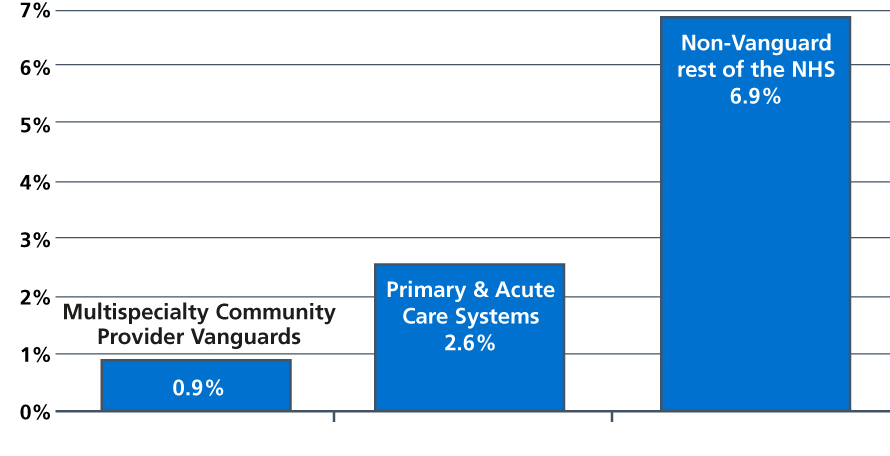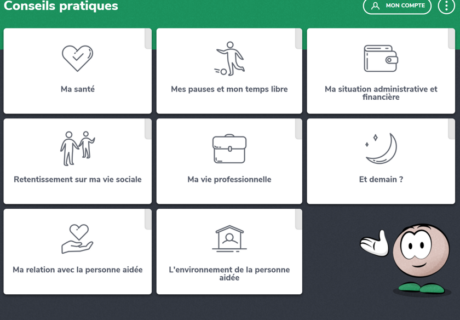
Informal caregivers need support in order to be able to provide care and support for loved ones. This support may come from family, friends, neighbours or even community care services. Participation in social activities can also be beneficial to an informal caregiver. You may need to be aware of these issues as a caregiver:
Issues
Informal caregivers often face various issues related to ICT solutions. These issues can include navigation, menu navigation, help options, or searching options. They may also encounter problems when logging in and using applications. In addition, caregivers may have issues using ICT solutions. These issues can affect the effectiveness of ICT-based support for informal caregivers.
Informal caregivers report feeling powerless to make a difference. They feel that they are dependent upon the patient and their families, and they fear being dismissed as caregivers. They also feel powerless to make changes for the patient's sake.

Characteristics
Characteristics of informal caregivers are the traits of those who provide care to other people. These individuals are often unpaid, but their contributions are indispensable for a wide range of purposes. These individuals provide support for elderly or sick persons who are not able to care for themselves. These individuals are often the care receiver's partners. The characteristics of the care receivers could also have an impact on the characteristics the informal caregivers.
The level and nature of informal caregiving differed greatly between informal caregivers. In terms of hours, informal caregivers worked different hours across the patients and over time. At one month, the caregiving effort was significantly greater than at three months, but at six months, the hours were only slightly lower. Also, informal caregiving included more than just caring for the patient. It also included additional social support. Around 20% of informal caregiving activities included household chores.
Be ready to help others
Informal caregivers are unique in that they have different needs. They may have cultural differences and their needs can vary from caregivers to caregivers. In this case, caregivers require information that is relevant to the situation and that is timely. Informal caregivers may also benefit by a culturally sensitive approach in communication and information.
Information is vital for informal caregivers. There are many ways to obtain this information. Many informal caregivers use the internet for some information. But, informal caregivers may be concerned about the reliability or validity of information found on the internet. We list reliable information sources for informal caregivers to avoid this concern.

Resources
Informal caregivers are often in need of practical, emotional, or spiritual information. Some organizations offer information services for informal caregivers. They may need someone to listen to them and offer support. Whatever their needs, resources for informal caregivers may be a valuable resource. This list contains only a handful of examples. Caregivers may contact organizations that provide free phone information.
You can find resources for informal caregivers online, in printed pamphlets, on films, videos, etc. Information format is important because informal caregivers have different learning styles. They may prefer one format to another.